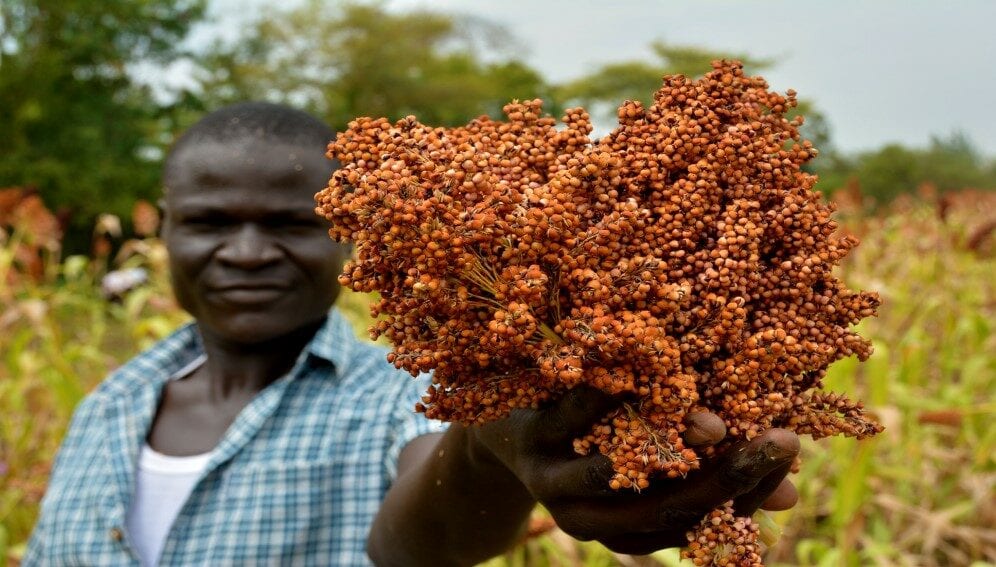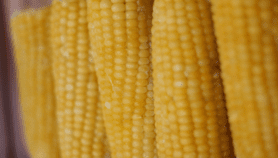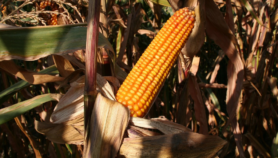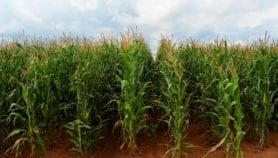14/07/21
AgriAfrica: Toxins threaten food safety

Send to a friend
The details you provide on this page will not be used to send unsolicited email, and will not be sold to a 3rd party. See privacy policy.
Listen on Apple PodcastsListen on SpotifyListen on Google PodcastsListen on StitcherListen on OvercastListen on Amazon MusicListen on CastboxListen on Podcast AddictListen on Pocket CastsListen on iHeartRadioListen on PandoraRSS Feed
In Africa, unsafe food causes illness, puts pressure on public health systems and hinders progress towards the Sustainable Development Goals to end poverty and hunger by 2030. According to the World Health Organization, each year about 600 million people around the world become ill after eating contaminated food.
This is the second episode of our new mini-series, AgriAfrica, where we’re digging into the continent’s agricultural infrastructure. This week, our reporter Charles Pensulo investigates food safety and finds out why aflatoxins — which can grow in soil, grasses and grains — are a major contributor to foodborne illness in Africa.
Be sure to join us next week for the third and final episode of the AgriAfrica series, as we look at how blockchain is being used in agriculture in Africa.
Send us your questions from anywhere in the world — text or voice message via WhatsApp to +254799042513.
Africa Science Focus, with Michael Kaloki.
This programme was funded by the European Journalism Centre, through the European Development Journalism Grants programme, with support from the Bill & Melinda Gates Foundation.
|
|
|


















